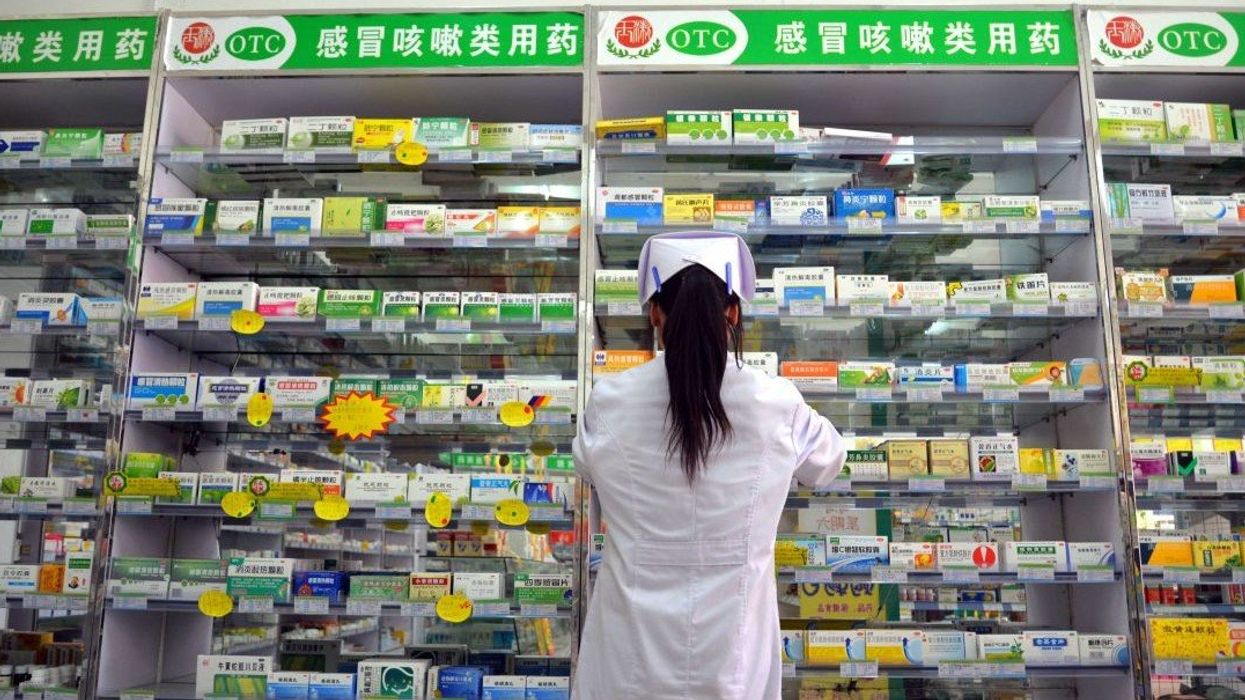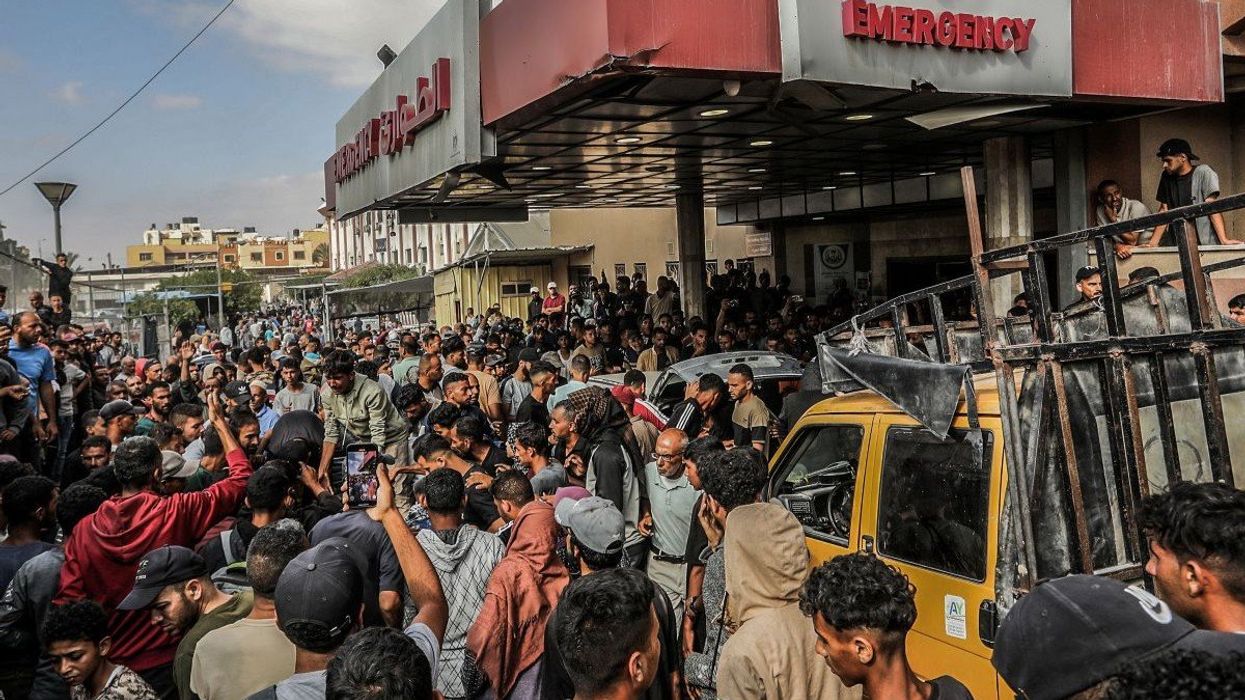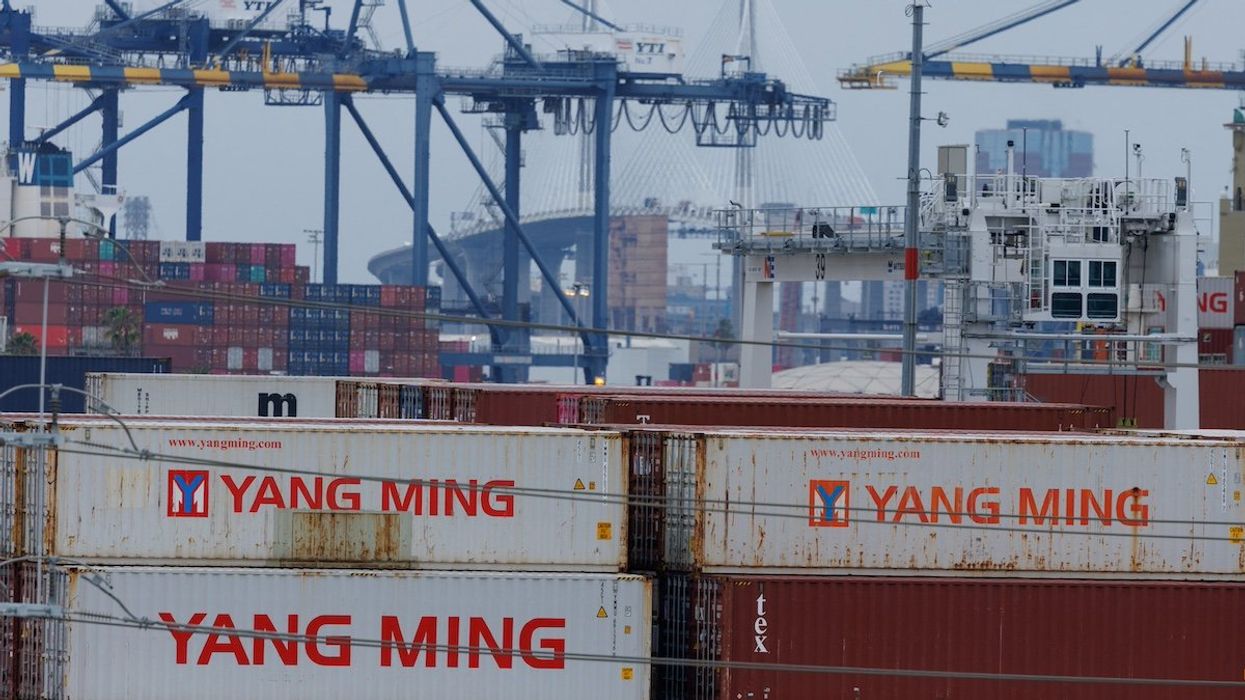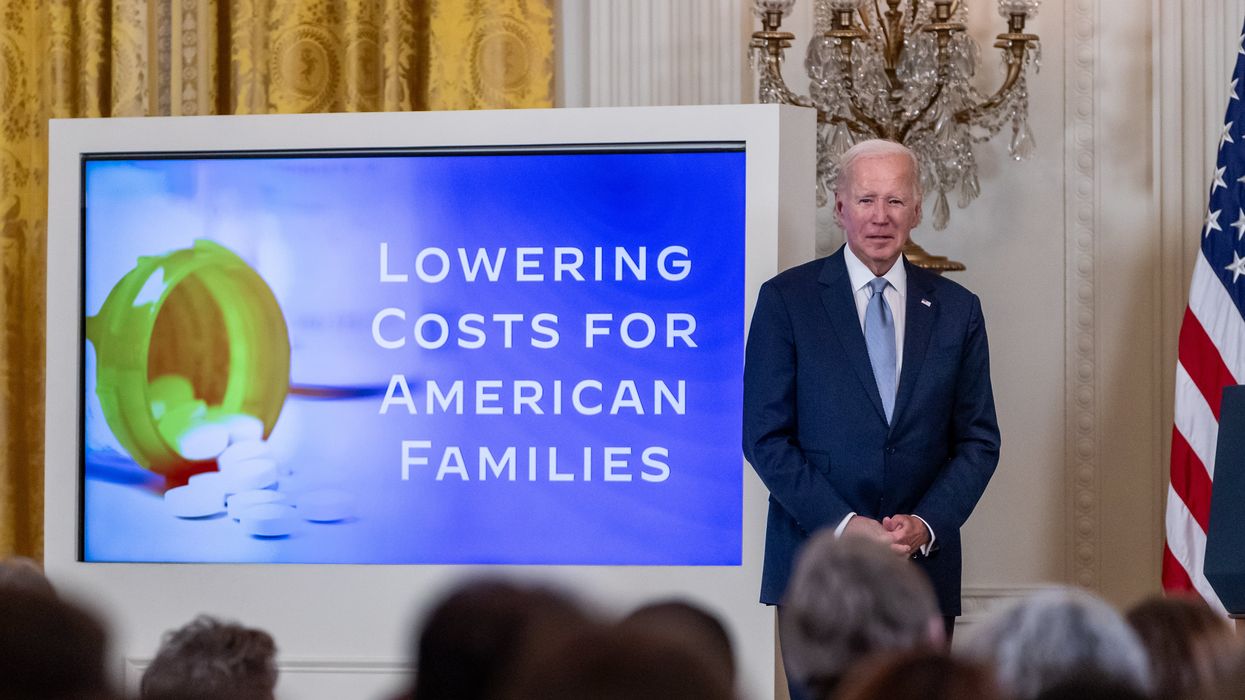What We're Watching
Putin-Modi meeting is all show, Kyrgyzstan plummets further from democracy, Stalemate ends in Yemen’s civil war
Despite the lavish ceremony, Russian President Vladimir Putin and Indian Prime Minister Narendra Modi’s meeting produced few concrete outcomes.
Dec 05, 2025





